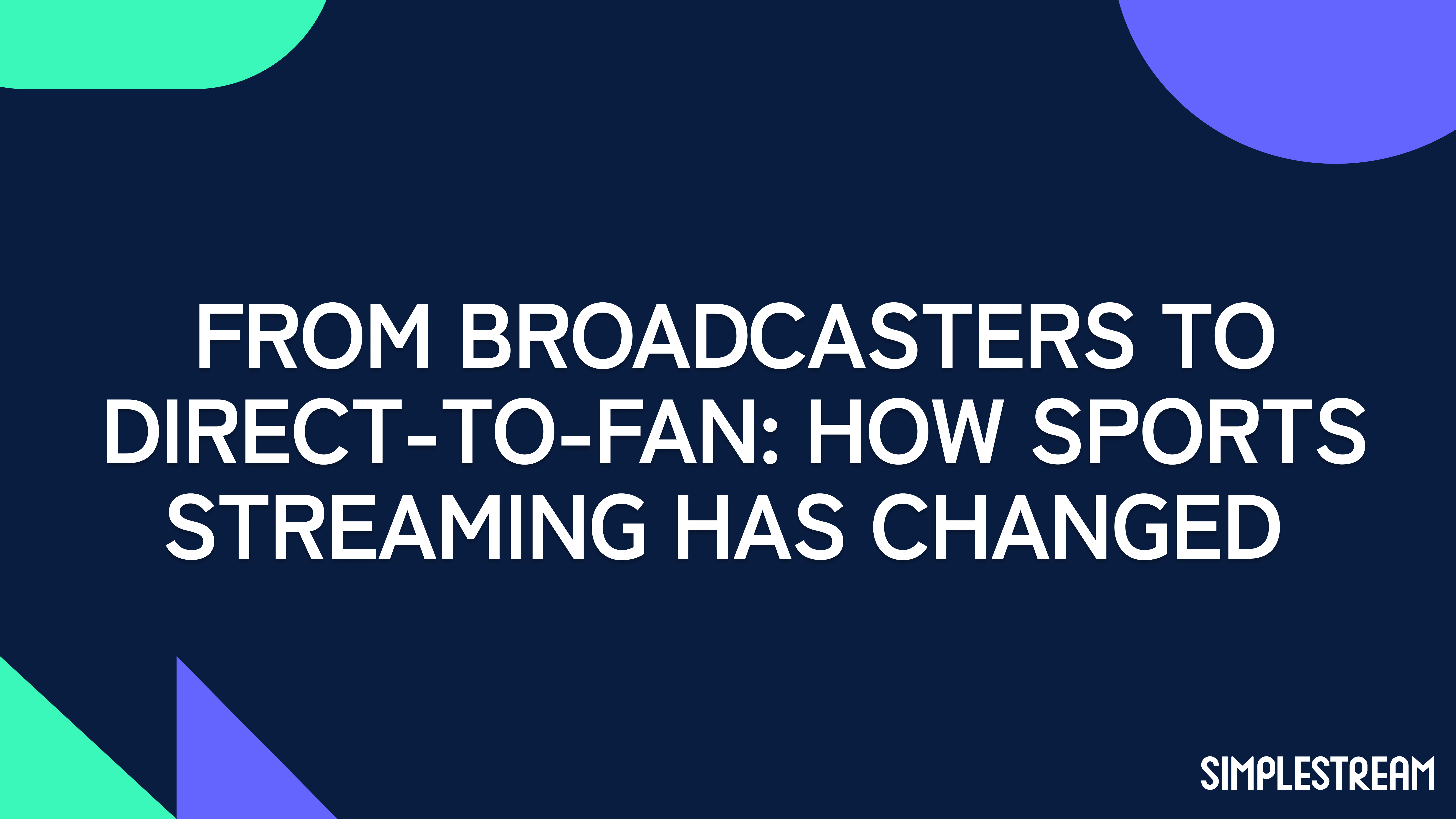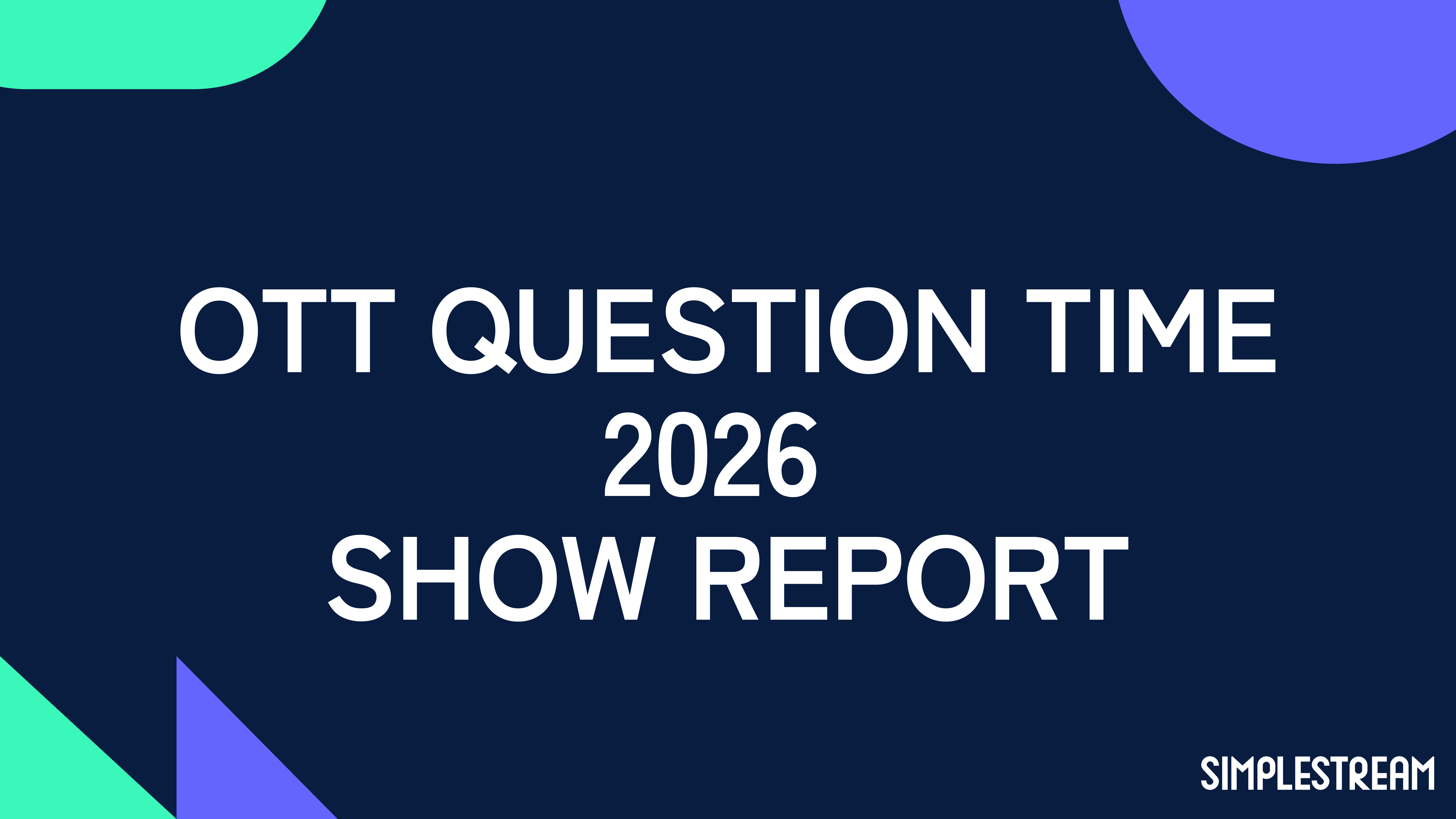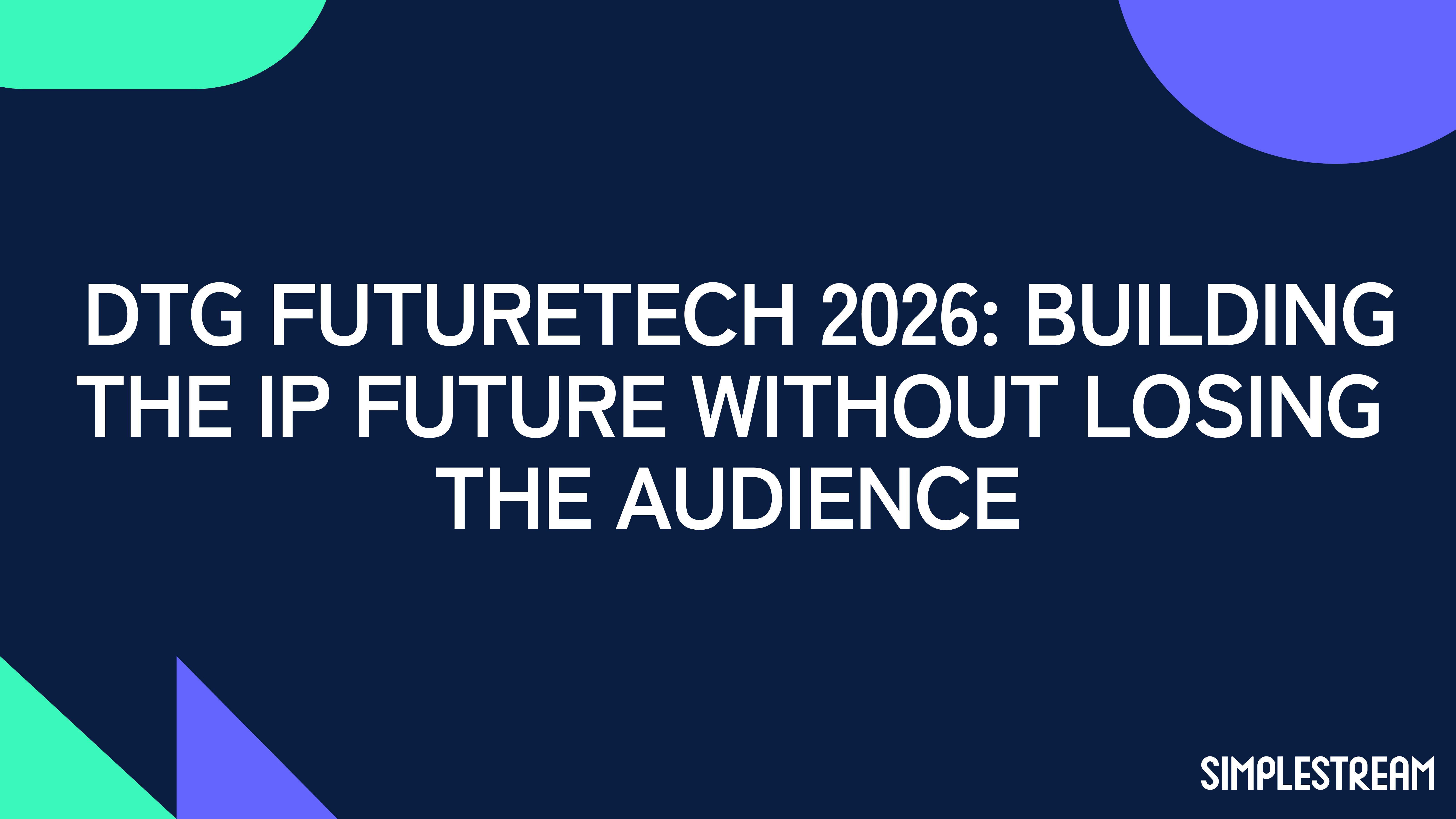Air: what the OTT industry can learn from Ben Affleck and Matt Damon
Breaking the rules in your industry can be good for business. Here is how Ben Affleck, Matt Damon, and their latest production “Air” could inspire the future of video.
Ben Affleck and Matt Damon are on a quest to change how their industry works, and this is partly due the growth of streaming services. Today, the creative forces behind productions only get paid for their work during the filming of a movie. A small amount of very well-known talent will occasionally earn a percentage of the profits, but it’s only from the box-office earnings – also referred to as ‘back-end participation’. The issue is that even those lucky few don’t see a penny when their movies are successful on streaming services.
Similarly, OTT services shouldn’t stagnate by sticking to tried-and-tested business and monetisation models, because what worked before won’t work forever. Innovation isn’t always about the technology; it can be a new deal or partnership that changes what was an accepted standard within an industry. That’s what Affleck and Damon are pursuing with their new venture, and it is exactly that which OTT services could do to disrupt. Read on to find out how.

Enter, Artists Equity 🤝
What do businesses do when they aren’t being paid fairly for their products or services? Remodel or die. Affleck and Damon certainly aren’t struggling to put food on the table, but they see that the future isn’t as bright for future generations in their industry if they don’t make change happen. They’ve created their own production company, Artists Equity, to broaden profit-sharing to both crew and cast. “Air” is the first movie created and released by the company, which follows the story of Michael Jordan’s profit-sharing deal with Nike to release his own line of basketball sneakers. Sounds familiar, right?
Rather than reinventing the wheel, the pair added a few spokes by making their own content and distributing it. They’ve identified that the issue they were facing wasn’t with the streaming services themselves, but rather the allocation of rights and the profit made from these productions. In the same way, content owners could be facing similar issues with monetisation by selling their rights rather than going direct to consumers.
A new pair of shoes
It’s not just a movie about a business deal, though. “Air” teaches us a lot about the importance of breaking the status quo. Athletes who signed deals with shoe companies at the time got a fixed fee annually, for instance. Michael Jordan, instead, wanted a share of the profits that were going to be made using his name. Much like Affleck and Damon are doing with Artists Equity.
A key moment in the movie is when Sonny Vaccaro, the marketing executive at Nike, meets with Peter Moore, the shoe designer, to discuss the type of basketball shoe they’ll be creating:
“Form or function?”, Moore questions Vaccaro.
“Come up with something new” is the answer.
Peter Moore then explains that the only major change in shoe design happened when shoemakers began differentiating between the right and the left shoe, 600 years ago.

This is a theme that’s present throughout the movie, with every step of this deal, the status quo is being challenged. It’s likely a similar response Blockbuster executives had some years ago at the prospect of being challenged by Netflix building a streaming service, and well… we all know who scored the game-winning dunk there.
You eat, we eat
A key proponent of the Jordan-Nike deal is that it’s on a profit-sharing basis. It was unheard of for athletes to get a share of the profits from their shoe deals. It’s now one of the most lucrative endorsement deals in history, netting Michael Jordan $1.3 billion in royalties from Nike as of 2020, nearly a couple of decades after his actual retirement from the parquet. This translates directly to the OTT industry with revenue share deals becoming more common, especially when it comes to sports rights.
During the movie, Deloris Jordan (mother of Michael) is on the phone with Sonny Vaccaro requesting the profit share as part of the shoe deal, simply stating “You eat, we eat. That’s all he’s asking”. Syndicating content to other platforms can work on the same basis, regardless of the monetisation method.
Don’t put all your eggs in one basket
Gambling rarely pays off, but it did for Nike on this deal. Sonny Vaccaro bet the entire endorsement budget on securing Michael Jordan alone, which was a 2.5-million-dollar decision. OTT services can’t operate on gambling terms, it’s not sustainable. However, there is something to be said for sticking to a decision rather than following the status quo. Building a new business shouldn’t be on the back of years-old data alone, breaking new ground gets attention.
Whether you’re building a service that wants to bring new audiences to a centuries-old sport or innovating the shopping experience for future generations, come up with something new. Always.


